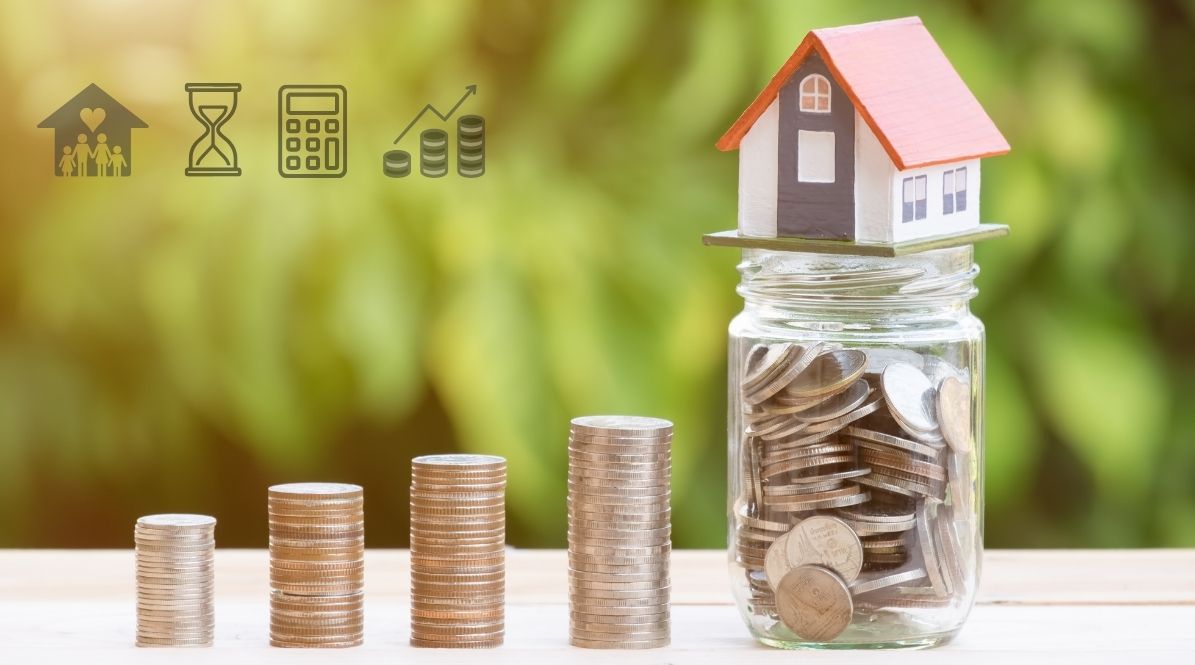Can Orlando Rental Property Appreciation Beat Monthly Negative Cash Flow?
In late 2023, we started seeing the expected correction of rental rates and rental demand that we predicted would come after the highs that reigned during the covid pandemic. This year, 2025, has continued with the cooling of rental market rates and rental demand.
What’s Happening In The Orlando Market?
- Rental market rates are lowered to pre-pandemic levels
- New multi-family complexes opened in Orlando and are competing with single-family rentals
- More rentals of ALL types available on the market
- Renters are becoming choosier about the properties they apply to rent
- Single-family rentals are competing more than ever with multi-family property amenities like gyms, dog parks, pools and sports courts, even food courts in some locations
- Older single-family properties facing renovation requirements to stay competitive in the market
What does this mean for you as an Orlando landlord/investor?
Creating a passive income stream and generational wealth from residential rental properties is a long game. The market fluctuates in cycles. Experienced investors know that real estate property appreciation over a period of time produces far better results than the typical stock market investment of equal value, even if your monthly rent is not quite meeting your mortgage obligations.
Here’s an example of how that works:
📍 Property Setup | 💸 Rental Income vs. Mortgage | 📈 Appreciation Assumptions |
|
|
|
So, each year the owner is out: | That’s $86,600 in equity gains from appreciation alone. | |
💵 Net Position After 5 Years | ||
| ||
In this example, even though the investor “loses” $272/month in cash flow, the forced savings (principal paydown) plus property appreciation more than outweigh the losses. After 5 years, they’re up nearly $100K on a property they only put $80K down on initially—an ROI of ~119% on invested cash.
(For further context, the FHFA reports that the annual home appreciation in the metro Orlando area from 2010-2019 was 4.8%, and from 2020-2025 it was 10.1%.)
What should a smart investor do in this market?
- Hold the line. Let property appreciation work its magic.
- Price your rent rate for optimum turnover to decrease vacancy time
- Continue to set aside 1-4% of your property value for property repairs
- Focus on property improvements to maintain competitiveness in the market
- Read our blog post: Tips and Tricks to Help Manage Costs and Cash Flow
Wilson Management Group helps Central Florida landlords maximize their returns with reliable rental property management services. From maintenance planning to tenant placement, we make rental ownership easier.
Contact Wilson Management Group today. We can help you stabilize your rental property and protect your income.
Frequently Asked Questions About Orlando Rental Property Appreciation
1. What does ‘negative cash flow’ mean?
Negative Cash Flow is what happens when your monthly property expenses (mortgage payment, insurance, taxes, maintenance costs, etc) are more than the rent you can collect. In a short-term sense, this would not work. But for long-term investors, they know that the property appreciation and principal pay down will likely eventually outweigh the monthly deficit.
2. How can property appreciation offset a monthly negative cash flow?
Your property’s value increases over time. This is called appreciation. Even if you’re losing $200-$300 a month, steady appreciation (usually 3-5% in most markets) plus the equity gained from paying down your mortgage can generate significant value over a period of 5 or 10 years.
3. Is it a risk to buy an Orlando rental property that cannot cover its full mortgage payment?
That depends on your goals and financial resources. For an investor with strong finances and a long-term mindset, short term negative cash flow can easily be absorbed into the larger wealth-building plan. However, for an individual who depends on the monthly rental income for living expenses, they might prefer to keep looking for a better deal that might provide immediate positive cash flow.
4. How much appreciation is a realistic estimate?
Most US metro areas have historically experienced around 3-5% annual appreciation. From 2010-2019, Orlando experienced 4.8% appreciation. And from 202-2025, Orlando experienced 10.1% appreciation. While nothing is guaranteed, appreciation usually outpaces inflation, and provides a good hedge against an uncertain market.
5. How do new multi-family units like apartment complexes affect single-family properties in Orlando?
New multi-family complexes increase supply which increases competition and pulls renters away from older, single-family homes. This puts downward pressure on market rents. To remain competitive, landlords should consider property upgrades such as modern appliances, new flooring and other finishes.
6. What’s the best way to reduce vacancy time right now?
Price your property effectively from day one and focus on curb appeal, professionally clean interior, and quick responses to inquiries. A fresh coat of paint and making sure all appliances are in good working order are a requirement. Follow up with best practices for tenant retention.
7. How can I manage repair and maintenance costs effectively?
Set aside 1-4% of your property’s value for maintenance expenses. Read our blog post for further details on managing expenses well. Keep in mind, the best prevention for big issues down the road is practicing proactive maintenance now which saves on big expenses later.
8. What’s the takeaway for landlords in a cooling market?
Real estate remains a long-term wealth-building strategy, even in slower markets. Landlords should maintain focus on pricing effectively, managing costs smartly, upgrading competitively as necessary, and letting property appreciation and mortgage paydown steadily build your net worth.


